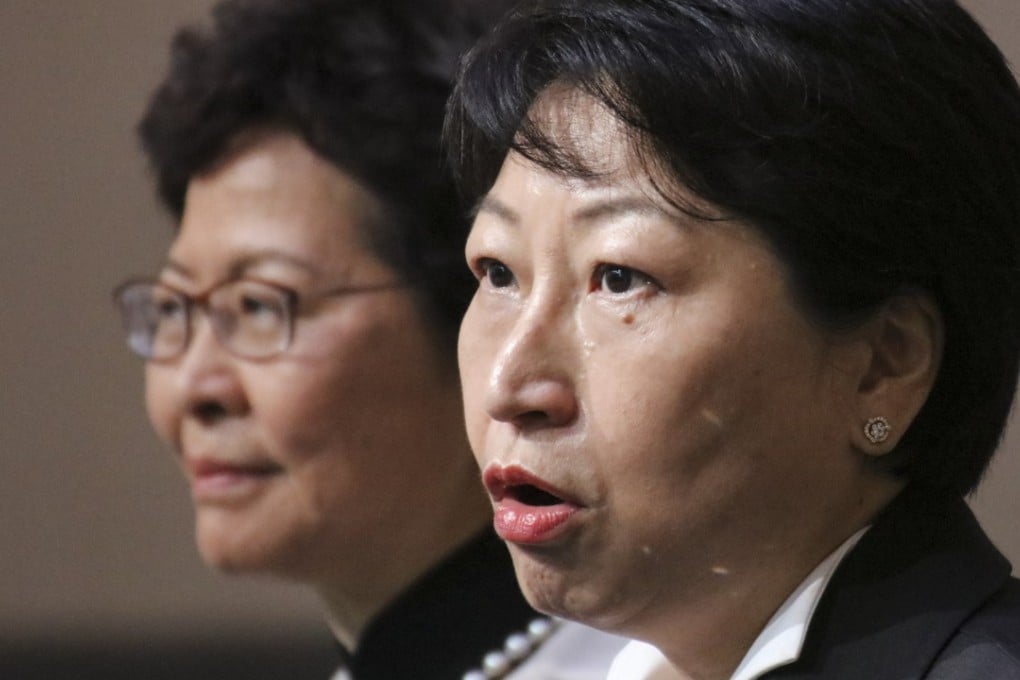Mind the Gap | Teresa Cheng saga shows why it is a sad reflection of Hong Kong’s business culture
Chief Executive Carrie Lam Cheng Yuet-ngor’s willingness to endure ignominy and embarrassment and sacrifice political capital for very little gain represents a risk to Hong Kong’s business environment and rule of law

Much has already been written about Secretary for Justice Teresa Cheng Yeuk-wah’s failure to declare illegal structures in her house and the perplexing and staunch defence assumed by Chief Executive Carrie Lam Cheng Yuet-ngor. A more profound explanation lies in how Hong Kong people do business and government leaders, especially those in the generation over 50 years old, seem to be willing to compromise principles for the sake of facilitating an agenda.
Post-1997 Hong Kong governance is a reflection of pre-1997 Hong Kong business culture – trading, broking, real estate. At the heart of the business culture is the understanding of being an apolitical, dispassionate and consummate trader. The attitude that principles and ethics can be traded for expediency is not necessarily bad. Shaking the hand of a tycoon sealed deals; agreements and board resolutions came later as a matter of course. That is the legendary Hong Kong culture of the 70s, 80s and 90s that the over 50 generation came of age in.
The comparison to Pompeia, Caesar’s wife, of having to not only be virtuous, but appearing virtuous seems to have been lost on the government. But, government is only as good as the values and moral certitude of the people who govern. The willingness to stick to her decision is the Chief Executive’s prerogative, but it is a high-risk gamble of her political capital and franchise.
But, this generation of Hong Kong leaders has demonstrated little reluctance to trade away governing principles and autonomy simply to quell bickering or for short term gain. Avoiding trouble (“mah fan”) is a Hong Kong Chinese cultural cornerstone, sometimes a self-deception that creates an illusion of stability. It threatens governance with a wilderness of mirrors creating a value set that George Orwell described as where, “Truth is treason in an empire of lies.”
The lack of understanding and tolerance for partisan, adversarial politics lies at the heart of dismissive rationalisation of any local debate. Ultimately, it fuels social unrest at the lack of representative government and threatens business confidence at a time when the city needs to show the world it is transforming itself.
Expediency and the Hong Kong Chinese tendency to seek easy short term solutions have left the Basic Law looking as flimsy as perforated cork board after numerous amendments by the National People’s Congress, at the request of the Hong Kong government, for matters that should have been handled locally. These include among others, immigration and oath taking in Legco.
